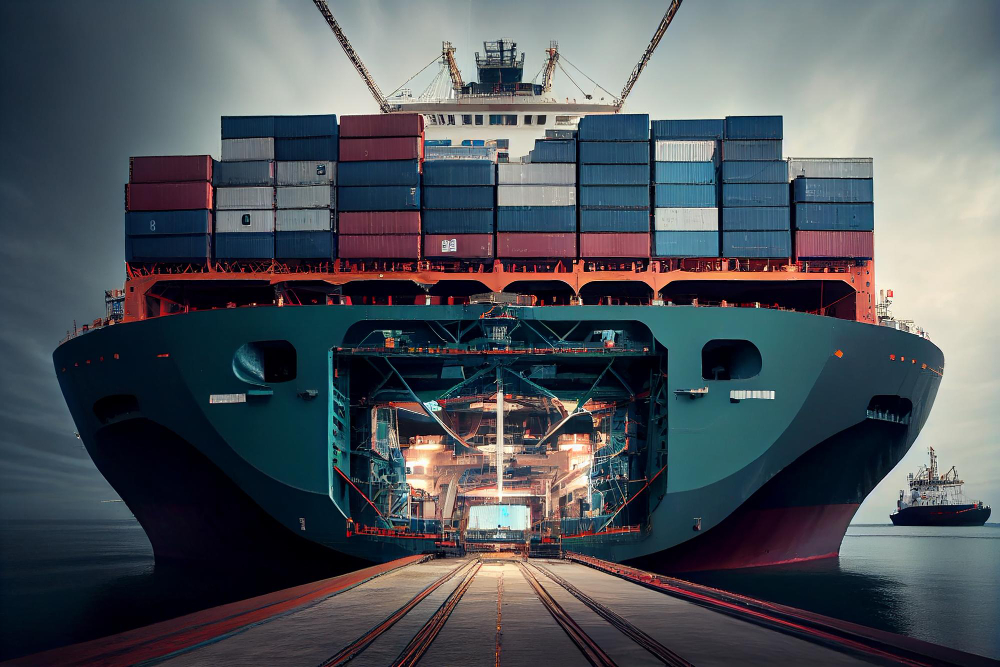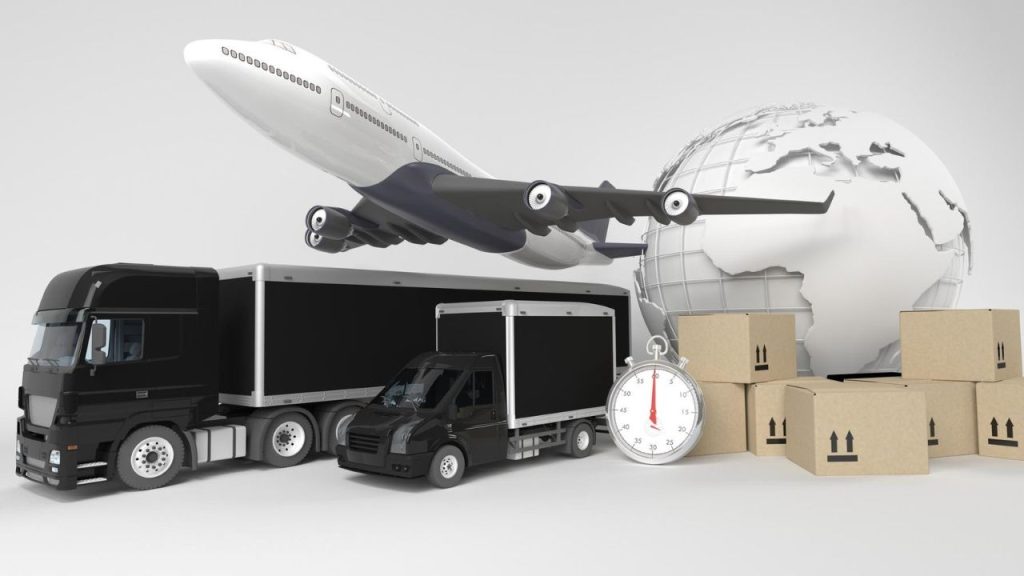Introduction
Shipping can be a daunting task, especially when you have a multitude of products to manage and deliver. Seamless shipping is vital for any business that wants to keep its customers happy and its operations running smoothly. That’s where leading logistics companies come into play. They ensure your products get from point A to point B efficiently and reliably.
Understanding Logistics
Logistics is more than just moving goods from one place to another. It involves planning, implementing, and controlling the flow and storage of goods, services, and information. The key components of logistics include transportation, warehousing, inventory management, order fulfillment, and supply chain management.
Choosing the Right Logistics Company

Selecting the right logistics company can make or break your shipping process. Consider factors such as the company’s experience, reputation, and range of services. A company with a proven track record and a variety of logistics solutions can adapt to your specific needs, ensuring a smoother shipping process.
Initial Consultation and Planning
The first step in a seamless shipping process is understanding the client’s needs. This involves a thorough consultation where the logistics company learns about your products, target market, and specific shipping requirements. Based on this information, they create a customized logistics plan that aligns with your business goals.
Inventory Management
Effective inventory management is crucial for seamless shipping. Logistics companies use various techniques, such as just-in-time (JIT) inventory and demand forecasting, to maintain optimal inventory levels. Accurate inventory management prevents stockouts and overstock situations, ensuring that products are available when needed.
Advanced Technology Integration
Technology plays a significant role in modern logistics. Leading logistics companies integrate advanced technological tools, such as warehouse management systems (WMS), transportation management systems (TMS), and enterprise resource planning (ERP) software. These tools help streamline operations, reduce errors, and enhance efficiency.
Efficient Transportation Management

Transportation is at the heart of logistics. Companies manage different types of transportation—road, rail, air, and sea—to move goods. They plan optimal routes, considering factors like distance, cost, and delivery time, to ensure timely deliveries. Efficient transportation management reduces transit times and costs, benefiting both the company and its clients.
Warehouse Management
Warehousing involves storing goods until they are needed. Logistics companies provide tailored storage solutions, from temperature-controlled facilities to bulk storage. Proper handling and organization of inventory in warehouses prevent damage and ensure quick retrieval, making the shipping process more efficient.
Real-Time Tracking and Monitoring
Real-time tracking systems, such as GPS and RFID, allow both the logistics company and its clients to monitor shipments at every stage. These systems provide up-to-date information on the location and status of goods, enhancing transparency and enabling quick response to any issues that may arise.
Customer Communication and Support
Good communication is vital in logistics. Logistics companies maintain open lines of communication with their clients, providing updates and handling inquiries promptly. Excellent customer support helps build trust and ensures that any concerns are addressed quickly, contributing to a seamless shipping experience.
Risk Management and Contingency Planning
Shipping involves various risks, from weather-related delays to transportation mishaps. Leading logistics companies identify potential risks and develop contingency plans to mitigate them. This proactive approach minimizes disruptions and ensures that shipping schedules are adhered to as closely as possible.
Sustainability in Logistics
Sustainability is becoming increasingly important in logistics. Eco-friendly practices, such as using energy-efficient vehicles and optimizing routes to reduce fuel consumption, help reduce the environmental impact of shipping. Sustainable logistics practices not only benefit the environment but also enhance the company’s reputation.
Global Shipping Solutions

Handling international shipments requires expertise in global logistics. Leading logistics companies navigate complex customs regulations and international shipping laws to ensure smooth cross-border transportation. Their experience in dealing with different countries’ regulations helps prevent delays and ensures compliance.
Performance Evaluation and Continuous Improvement
Regular performance evaluations help logistics companies identify areas for improvement. By tracking key performance indicators (KPIs) such as delivery times, order accuracy, and customer satisfaction, they can make data-driven decisions to enhance their services continuously.
Seamless shipping is the result of meticulous planning, advanced technology, and efficient execution. Leading logistics companies combine these elements to ensure that products reach their destinations on time and in perfect condition. As logistics continues to evolve, businesses can expect even more innovative solutions to further streamline their shipping processes.
FAQs
Experience and reputation are crucial. A company with a proven track record and positive reviews can provide reliable and efficient services.
Technology streamlines operations, reduces errors, and enhances efficiency through tools like WMS, TMS, and ERP software.
Using energy-efficient vehicles, optimizing routes to reduce fuel consumption, and employing eco-friendly packaging materials are some common practices.
Real-time tracking provides up-to-date information on the location and status of shipments, enhancing transparency and enabling quick response to issues.
They navigate customs regulations and international shipping laws, leveraging their experience to ensure smooth cross-border transportation.



